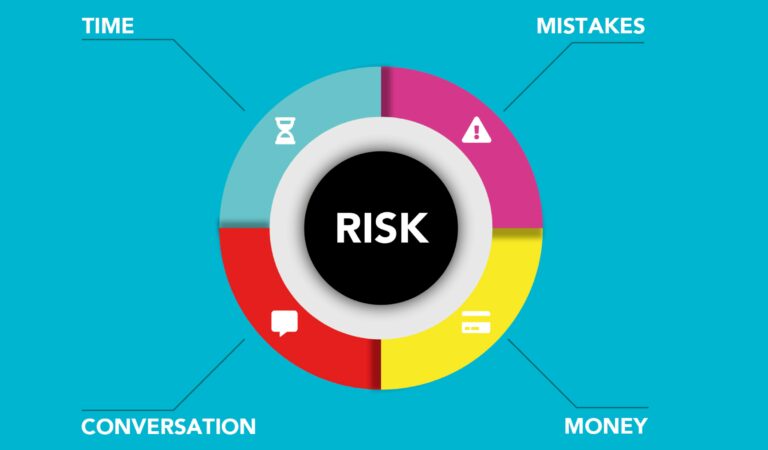
Managing money effectively is essential for achieving financial stability and long-term goals. Budgeting is the cornerstone of financial health, providing clarity on your income, expenses, and savings. Whether you’re new to budgeting or looking to improve your financial habits, understanding the basics can set you on the path to financial success.
Why Budgeting Matters
A budget helps you:
- Track Spending: Identify where your money goes and adjust as needed.
- Achieve Goals: Save for short-term needs (e.g., a vacation) or long-term aspirations (e.g., buying a home).
- Avoid Debt: Maintain a healthy balance between income and expenses, reducing reliance on credit.
- Reduce Stress: Gain confidence in managing finances and avoid surprises.
Steps to Create a Budget
1. Assess Your Income
Start by calculating your total monthly income. Include all sources, such as:
- Salary (after taxes).
- Freelance or side gig earnings.
- Passive income (e.g., rental properties, dividends).
2. List Your Expenses
Categorize your expenses into fixed and variable costs:
- Fixed Costs: Rent/mortgage, utilities, insurance, loan repayments.
- Variable Costs: Groceries, dining out, entertainment, transportation, and subscriptions.
3. Track Spending
For at least one month, track every expense. Use apps, spreadsheets, or notebooks to record spending. This gives you a clear picture of your habits and areas for adjustment.
4. Set Financial Goals
Define your short-term and long-term objectives. Examples include:
- Paying off credit card debt.
- Building an emergency fund (3-6 months of living expenses).
- Saving for retirement or a major purchase.
5. Choose a Budgeting Method
Several budgeting methods can help you allocate your income effectively:
- 50/30/20 Rule:
- 50% for needs (rent, groceries, bills).
- 30% for wants (entertainment, hobbies).
- 20% for savings and debt repayment.
- Zero-Based Budgeting:
- Allocate every dollar of income to a specific purpose, ensuring nothing is unaccounted for.
- Envelope System:
- Use physical envelopes or digital tools to limit spending in different categories.
6. Adjust and Review Regularly
Life changes, and so should your budget. Review it monthly to:
- Account for unexpected expenses.
- Reallocate funds based on evolving goals.
- Identify trends and opportunities to save more.
Tips for Sticking to Your Budget
- Automate Savings: Set up automatic transfers to savings accounts to ensure consistency.
- Cut Unnecessary Expenses: Identify areas where you can reduce costs, like unused subscriptions or eating out less frequently.
- Use Tools and Apps: Budgeting apps like Mint, YNAB (You Need a Budget), or PocketGuard can simplify the process.
- Build a Buffer: Allow for a small cushion in your budget to manage unforeseen costs.
Common Budgeting Challenges and How to Overcome Them
- Impulse Spending:
- Use a 24-hour rule before making non-essential purchases.
- Set limits for discretionary spending.
- Irregular Income:
- Base your budget on your lowest expected monthly income.
- Save extra earnings for months with lower income.
- Unexpected Expenses:
- Build and maintain an emergency fund.
- Consider insurance to cover major risks.
Benefits of a Well-Managed Budget
When followed consistently, a budget can:
- Increase savings and financial security.
- Help you live within your means.
- Provide a roadmap for achieving financial independence.
Budgeting is a powerful tool for taking control of your finances. By understanding your income and expenses, setting realistic goals, and choosing a method that works for you, you can make informed decisions and achieve financial peace of mind. Start small, stay consistent, and watch as your financial health improves over time.







